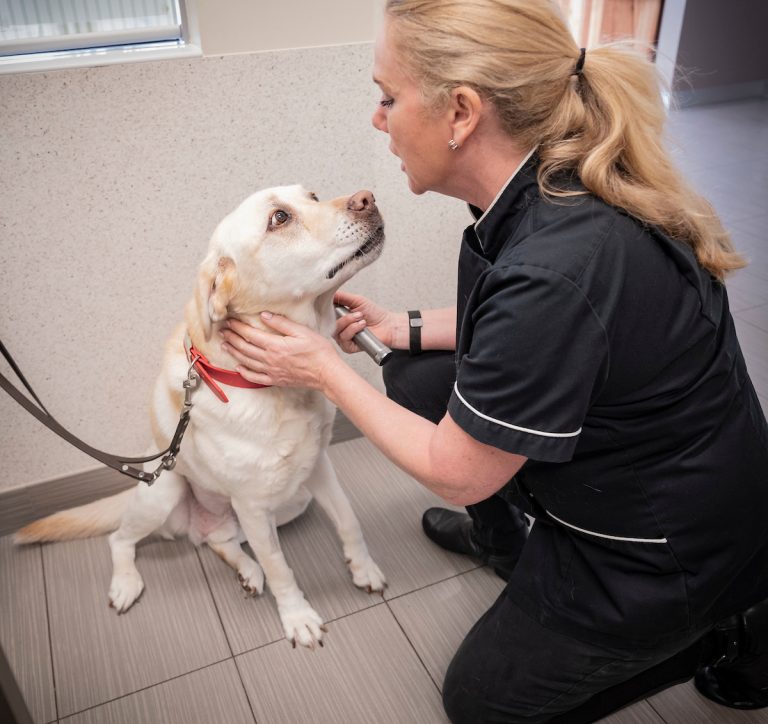
Dr Cymantha Sorensen treats as many as 20 dogs and a number of cats for snakebites every year and has already seen and sadly was unable to save one pet dog fatally bitten by a Dugite last week.
Read the full story with more advice from Dr Sorensen at Have a Go News.
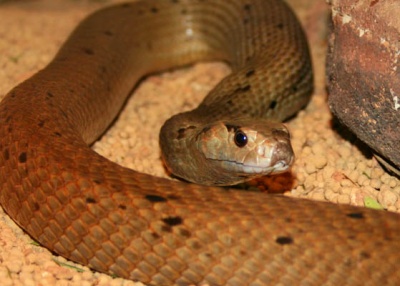
Yanchep Veterinary Hospital has issued a warning to pet owners about the danger of snakes in Perth suburbs this spring following the death of a dog last week.
Read the full story at The North Coast Times website.

Warmer days and nicer weather mean its a great time to get out and about with our pets. Its also a time when the local reptiles are on the move looking for food and warmth after a winter “hibernation”.
September and October are when we see the most snakebites. However, snakes are still very very active all summer. So please be vigilant!
Snakes who have just started to come out of hiding are full of venom and ready to attack if they feel threatened. So, here are some tips for you and your pet to stay safe this Spring and Summer:
- Always have your dog on a lead when walking through the dunes, this is a favorite place for snakes to sun themselves. We see a lot of dogs bitten in the sand dunes. So keep your dog on a lead when walking through them. It might be fun to let dogs roam and go sniffing and exploring, but we see the tragic consequences every summer. Keep them safely by your side. Same goes for when walking through the bush, on a lead, and no running off into the bush and poking noses where its only a snakes business to be.
- Clear your yard of long grass and any rubbish or junk. These are great spots for snakes to hide.
- If you hear your pet barking in the yard for no reason, go take a look and then consider brining them inside. We commonly hear of pets who were barking at something in the garden and then present to us with symptoms of snake bite.
- If you have any suspicion that your pet has been near a snake ( even if there is no sign of envenomation or a visible bite mark – please contact a vet urgently. Signs of snake bite vary depending on the snake, how much venom was injected and the size and age of the animal bitten.
So what signs should you look for that would suggest a snake bite?
Common signs of snake bite include collapse or weakness. Pets may appear a bit wobbly and uncoordinated or even drunk. They may pant excessively, have drool or saliva coming from their mouth, and may have big black pupils (dilated). Some pets may vomit and just sit and appear distressed. eventually they may have difficulty swallowing their own saliva and gag and appear anxious. Breathing becomes difficult as the respirator muscles are paralysed and eventually they suffocate.
If you even think your pet has been near a snake, we advise they are checked and possibly admitted for observation. Symptoms may take several hours to develop. Some pets just collapse and stop breathing suddenly. Its better that they are in the hospital with oxygen and antivenom instantly available if this should occur. Antivenom is only goven if there is definite snake bite venom affecting the pet.
At Yanchep Vet we always have snake bite antivenom in stock. If you call ahead we can be ready and waiting to see your pet. Early and rapid treatment gives excellent survival rates. We have treated many snake bites at Yanchep over the last few years. Over 95% of pets presented with snake bites will survive with timely treatment.
Hopefully, with these tips you can avoid tangling with any snakes and have a safe and happy Spring and Summer.
For more information, please follow the link below:
http://www.australiandoglover.com/2017/08/keeping-dogs-safe-from-snake-bites_24.html
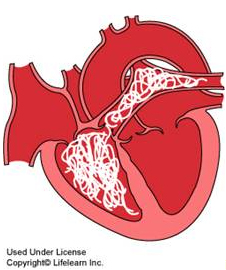
Did you know that in Australia, mosquitoes can transmit a fatal disease to your dog?
Mosquitoes carry heartworm larvae which can be transmitted to the blood of dogs. These larvae then grow into worms which migrate to their heart. The worms cause terrible damage and this can be fatal. This is the tragic fate of many dogs infected with heartworm. Heartworm is deadly, but fortunately it is preventable.
The following factors are associated with an increased risk of heartworm:
- Dogs that have not been on a heartworm prevention treatment for 3 or more months
- Dogs that have potentially come into contact or been in contact with mosquitoes
- Rescued or adopted dogs that haven’t had a heartworm test since joining your family
- Dogs that are due for a heartworm test or haven’t ever had a heartworm test
- Dogs that have been treated inconsistently for heartworm since puppyhood
Luckily there are a range of options available to keep our dogs safe.
We recommend a quick, affordable heartworm test (this can be done while you wait). If heartworm is detected, treatments are available and if caught early, has a higher chance of being effectively treated. Rescue dogs are particularly at risk because we don’t always know their full medical history.
If the test is negative then it’s safe to start a protection program straight away.
The right protection for your dog
Chews
Pros: a tasty treat which most dogs love! These may also treat intestinal worms, fleas and ticks!
Cons: some very fussy dogs may not eat them.
Tablets
Pros: smaller than chews (can be hidden in a preferred treat!) or given to your pet by our vet team in the clinic.
Cons: some dogs dislike the taste and spit them out.
Spot-ons
Pros: a medicated liquid drop administered on the skin, which is perfect for dogs who won’t take a chew or tablet.
Cons: effectiveness can be reduced if your dog swims regularly, is bathed regularly or comes in contact with rain soon after being treated.
Injection
Pros: this is a convenient once-a-year injection given by our vets. It can be done at the same time as your annual health check/vaccinations.
Cons: Annual amount is not split monthly, hence the initial upfront cost is higher (although it’s only once a year).
If you are not sure if your pet is protected, please contact us today.

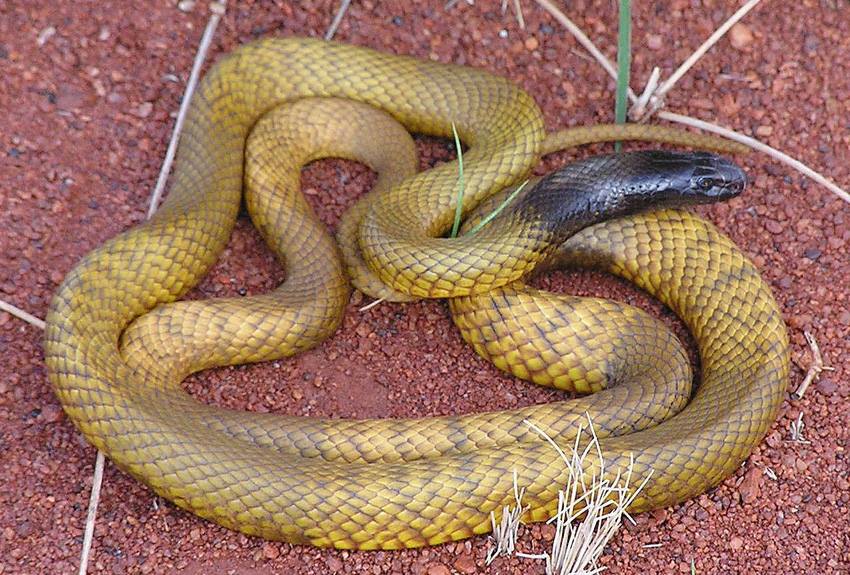
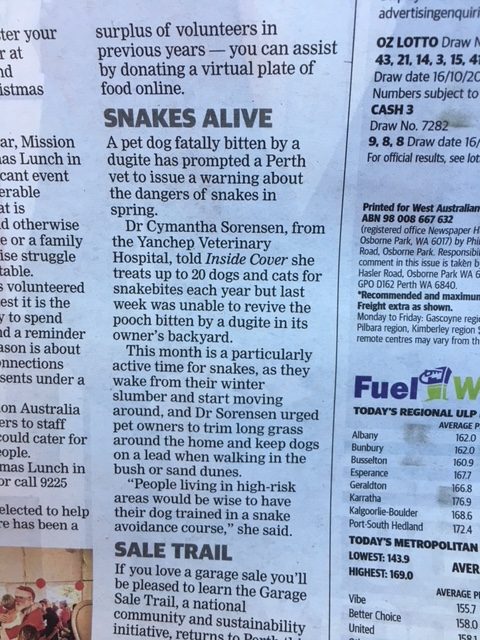
Recent Comments